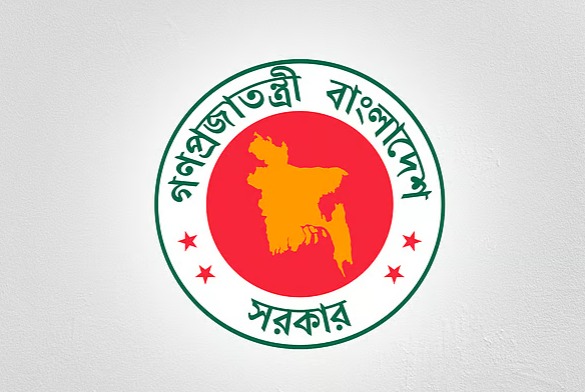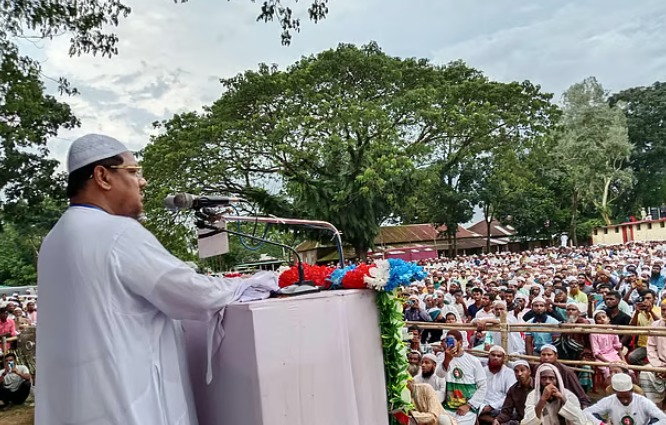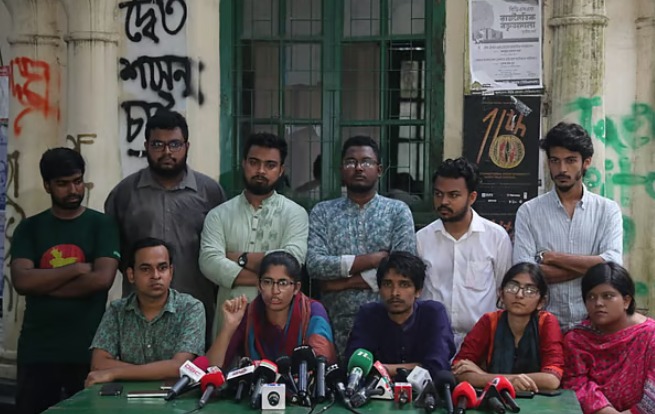Desk Report,
Government issues new policy to consider lobbying for promotion in banks as ‘misconduct’
The government has made two separate policies for the promotion of employees of state-owned commercial banks and specialized banks and financial institutions. The Financial Institutions Division of the Ministry of Finance issued the policy in the form of a notification on Monday.
Government issues new policy to consider lobbying for promotion in banks as ‘misconduct’
Both policies state that from now on, any kind of lobbying or recommendation by candidates for promotion will be considered misconduct. This is the first time such a clause has been added to the policy.
One policy has been made for permanent officers and employees of six state-owned commercial banks. The banks are Sonali, Rupali, Janata, Agrani, Basic and Bangladesh Development Bank PLC (BDBL). The other has been made for six specialized banks and two financial institutions. These are Bangladesh Krishi Bank, Rajshahi Krishi Unnayan Bank, Probasi Kalyan Bank, Karmasangsthan Bank, Ansar-VDP Unnayan Bank, Palli Sanchay Bank, Investment Corporation of Bangladesh and Bangladesh House Building Finance Corporation.
This will be applicable to senior officers of banks and financial institutions, including Principal Officer (PO), Senior Principal Officer (SPO), Assistant General Manager (AGM) and Deputy General Manager (DGM).
The policy states that promotion will be based on educational qualifications, satisfactory service record, merit, efficiency, training, integrity and seniority. In terms of educational qualifications, no one below a bachelor’s degree will be eligible for promotion.
In the case of state-owned banks, the base period for promotion to calculate the service period in the feeder post will be December 31 every year. And for specialized banks and financial institutions, the base period will be June 30.
If an employee’s service in the feeder post in any of the last three years is not satisfactory, that is, if there are adverse comments in the Annual Confidential Report (ACR), he will not be considered for the next post. Apart from this, if a criminal case is pending against someone, if he/she is convicted in a departmental case and the sentence is still in force, and if he/she is accused or sentenced in a criminal case, he/she will not be considered for promotion.
In the case of a minor punishment, no one will be considered for promotion until one year after the end of the sentence. In the case of a capital punishment, it will be two years. Apart from this, if the Anti-Corruption Commission (ACC) files a charge sheet against someone on charges of breach of discipline or if someone is arrested, promotion will not be granted until the case is finally disposed of. However, if someone is accused after being named in the promotion panel and is discharged without punishment, he/she will get promotion subject to the vacant post.
Out of the 100 marks set for promotion, the average score of ACR for five years is 45. Apart from this, educational qualification is 15, service period in the feeder post is 15, field experience in the feeder post is 4, Banking Professional Examination (Banking Diploma) is 10, experience in working in remote areas is 1, work achievement in the feeder post as a branch manager is 2 and interview or oral examination is 8 marks. Pass mark in the oral examination is 4. Out of the remaining 92 marks, the candidate seeking promotion must get at least 75. The merit list will be prepared by adding both the marks.
It is learnt that in the proposal, 1 mark was kept as the professional qualification for taking ICAB or ICMAB degree. Apart from this, 1 mark has been added to the service period mark in the feeder post, in the category in which 14 marks were previously proposed. An interview will have to be taken for promotion. If you cannot attend the interview, you will not be considered eligible for promotion. However, if you can show a good reason for not attending, the selection committee can interview you later. If someone does not join after getting promoted, it will not be effective. If there is any ambiguity in the promotion policy, the explanation of the Financial Institutions Department will be considered final. The issues have been mentioned as applicable to both policies.
In the case of state-owned banks, the five-member committee that will be formed for promotion to the DGM post will be chaired by the chairman of the bank. And for promotion to the AGM post, the five-member committee will be chaired by the managing director of the bank. For promotion from senior officer to DGM post, the MD of the bank will form a selection committee and a supporting committee.
For promotion from senior officer to DGM post of specialized banks and financial institutions, the MD will be the chairman of the promotion committee. For them, a five-member selection committee will be formed with the DMD administration of the bank as the chairman. If the MD wants, he can also form multiple selection committees.
When contacted, Financial Institutions Department Secretary Nazma Mobarek told Prothom Alo, “Although manpower was recruited in different grades in state-owned commercial banks, specialized banks and financial institutions at the same time, different policies were being followed for their promotion.” “We have made the policy after discussions with the concerned parties because of the disruption in fairness, transparency, consistency and continuity in promotion. Now, discrimination will be eliminated, merit-based criteria will be introduced based on qualifications and performance, and a disciplined promotion structure will be established.”




